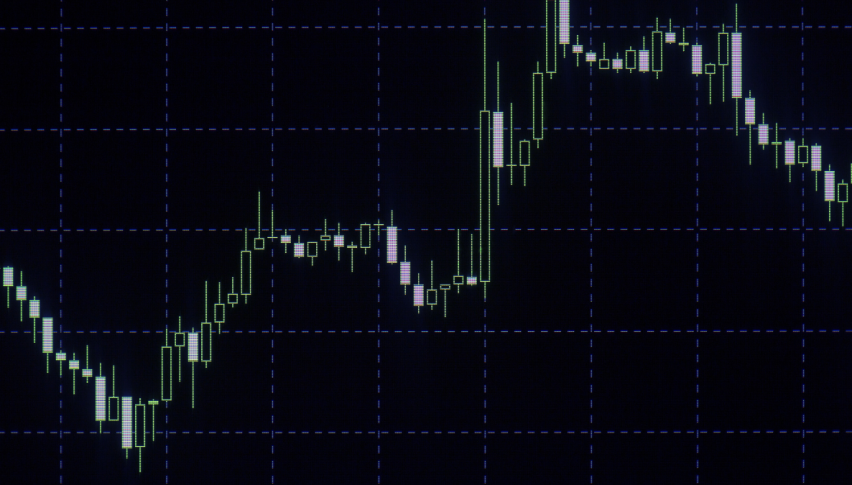Asian Markets React to Japan’s Political Shake-up: Stocks Rise Amid Uncertainty
Asian markets had mixed reactions to today’s trading after Japan’s long-ruling Liberal Democratic Party (LDP) lost its majority for the first time in years due to a significant electoral setback. Markets displayed extraordinary resilience despite the region’s newfound uncertainties brought forth by this unanticipated political transition.

Despite initial worries over the election results, Japan’s Nikkei 225 index saw a small increase. Nikkei 225 is up by 1.8% closing at 38,605.53. According to some market observers, this increase is a sign of cautious confidence about potential policy changes meant to boost Japan’s economy. Changes in economic tactics that appeal to investors looking for long-term growth prospects may result from the political transition.
Across the region, other major Asian indices, such as the Hang Seng Index in Hong Kong and South Korea’s KOSPI, followed Japan’s lead with modest gains.
Hang Seng index slightly increased by 0.1% to 20,599.36 while South Korea’s Kospi increased by 1.1% to 2,612.43. Meanwhile, the Shanghai Composite also went up by 0.7% to 3,322.20.
Global factors, such as U.S. rate forecasts and a comparatively steady U.S. dollar, contributed to this spike. The markets appear to be resilient because regional investors are striking a balance between favorable worldwide trends and local concerns.
But because of worries about possible instability brought on by Japan’s political changes, the value of the Japanese yen declined relative to the Dollar. Japan’s export industry might have benefited from a weaker yen, which could have maintained the Nikkei’s upward trend. However, market analysts warn that the situation is still unstable and that it is still uncertain what the long-term repercussions of this political change will be.
The events of today demonstrate how flexible Asian markets can be, despite political shocks. The changing political climate in Japan is being actively watched by investors for hints about potential effects on the country’s and the region’s economies. The markets’ reaction points to a cautious wait-and-see strategy as traders assess the likelihood of stability and future economic improvements.



